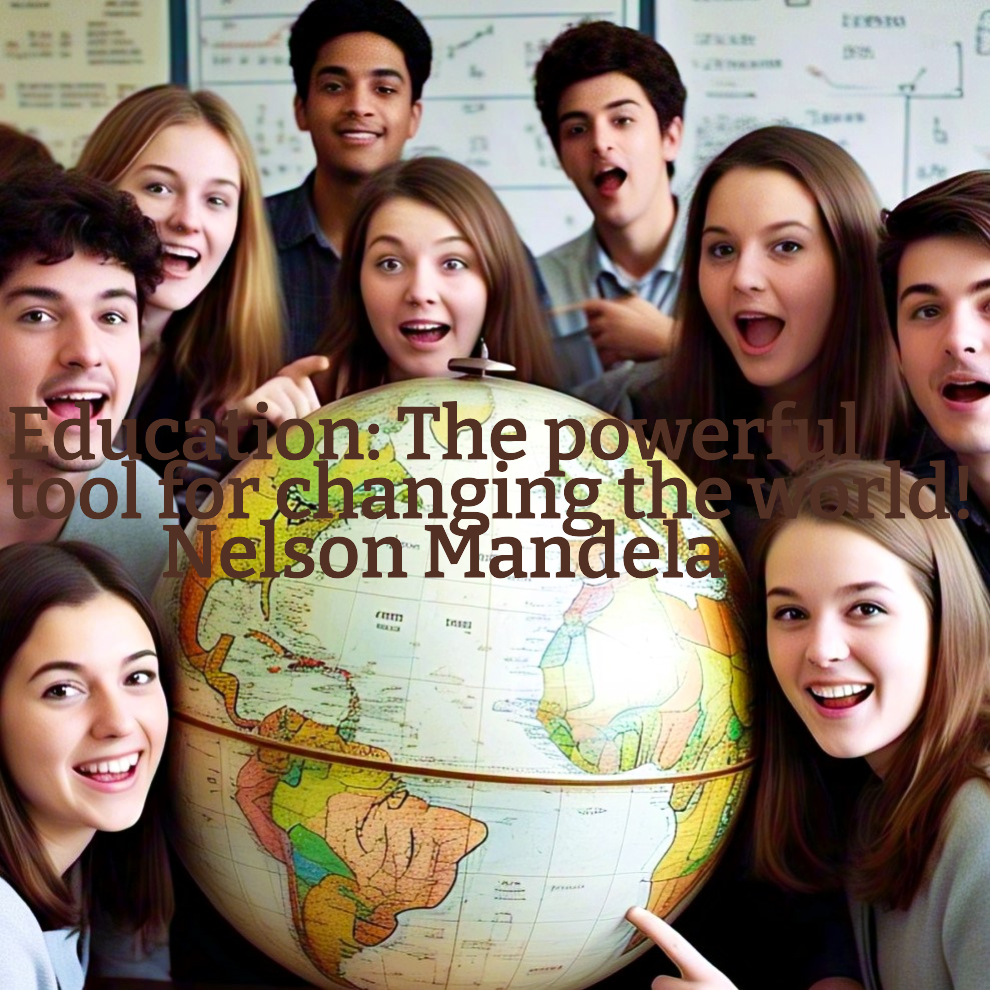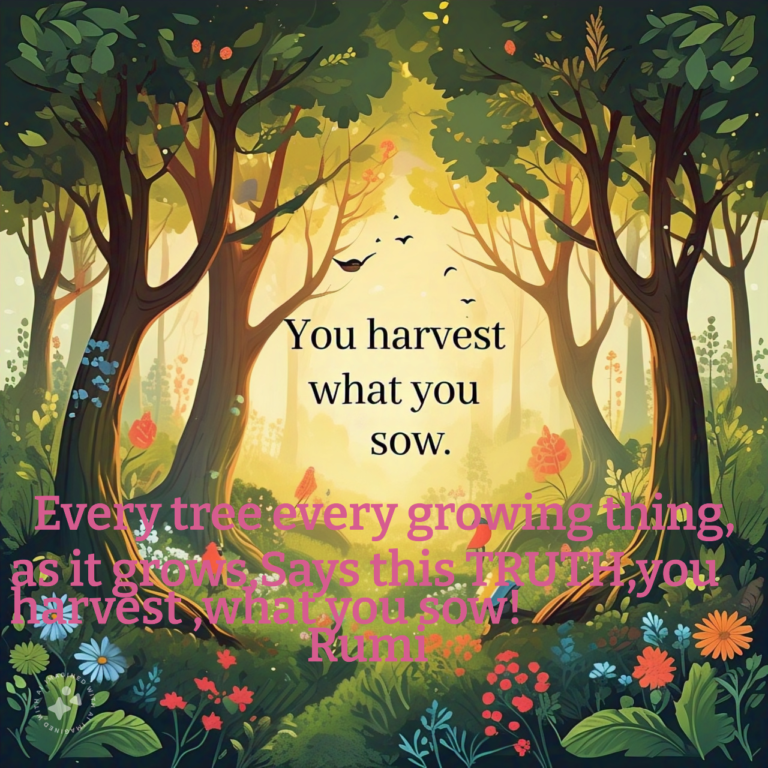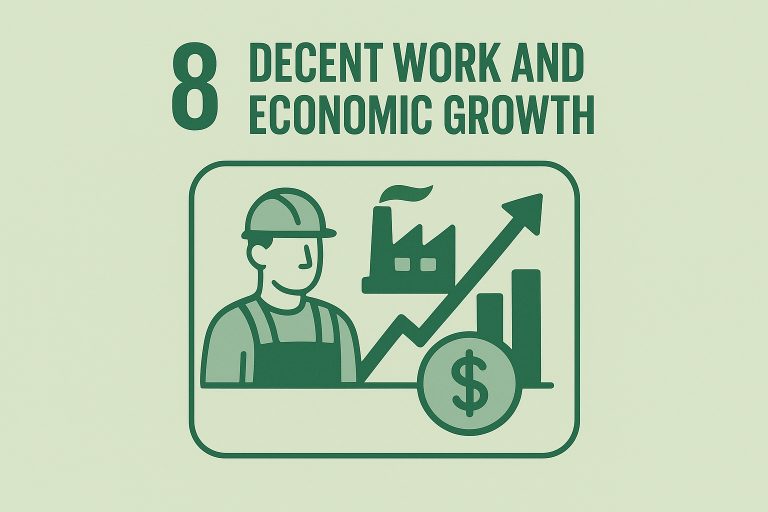Education The Powerful Tool for Changing the World in 2025
Nelson Mandela once said, “Education is the most powerful weapon which you can use to change the world.” These words emphasise the significance of education in transforming individuals, communities, and societies.

The Impact of Education
Education is the most powerful weapon which you can use to change the world.It can break cycles of poverty, inequality, and injustice. It enables individuals to acquire knowledge, skills, and values that help them make informed decisions and participate actively in their communities.
Education is also critical in promoting economic growth, reducing unemployment, and improving health outcomes. Studies have shown that every additional year of schooling can increase an individual’s earnings by up to 10% (Psacharopoulos & Patrinos, 2018).
تعلیم: دنیا کو بدلنے کا طاقتور وسیلہ
نیلسن منڈیلا نے ایک بار کہا تھا کہ “تعلیم سب سے طاقتور ہتھیار ہے جسے آپ دنیا کو بدلنے کے لیے استعمال کر سکتے ہیں۔” یہ الفاظ افراد، برادریوں اور معاشروں کو تبدیل کرنے میں تعلیم کی اہمیت پر زور دیتے ہیں۔
تعلیم کے اثرات
تعلیم غربت، عدم مساوات اور ناانصافی کے چکروں کو توڑنے کی طاقت رکھتی ہے۔ یہ افراد کو علم، ہنر، اور اقدار حاصل کرنے کے قابل بناتا ہے جو انہیں باخبر فیصلے کرنے اور اپنی برادریوں میں فعال طور پر حصہ لینے میں مدد کرتے ہیں۔
تعلیم معاشی ترقی کو فروغ دینے، بے روزگاری کو کم کرنے اور صحت کے نتائج کو بہتر بنانے میں بھی اہم کردار ادا کرتی ہے۔ درحقیقت، مطالعات سے پتہ چلتا ہے کہ اسکول کی تعلیم کے ہر اضافی سال فرد کی آمدنی میں 10% تک اضافہ ہو سکتا ہے
Empowering Individuals and Communities
Education empowers individuals to take control of their lives and make positive changes in their communities. It helps them develop critical thinking skills, problem-solving abilities, and effective communication skills.
Moreover, education promotes social mobility, reduces inequality, and fosters social cohesion. It helps individuals understand different perspectives, challenge their biases, and develop empathy and tolerance.
A Collective Responsibility
Education is a collective responsibility that requires the involvement of governments, organizations, communities, and individuals. We must work together to ensure everyone has access to quality education, regardless of their background, income, or location.
Conclusion
In conclusion, education is indeed the most powerful weapon for changing the world. It has the power to transform individuals, communities, and societies. As Nelson Mandela so eloquently put it, “Education is the key to unlocking the potential of our children and our communities.”
Let us work together to ensure that everyone has access to quality education and the opportunities it provides.
افراد اور کمیونٹیز(معاشرہ،برادری) کو بااختیار بنانا
تعلیم افراد کو اپنی زندگیوں پر قابو پانے معاشرےاور اپنی برادریوں میں مثبت تبدیلیاں لانے کا اختیار دیتی ہے۔ اس سے انہیں تنقیدی سوچ کی مہارت، مسئلہ حل کرنے کی صلاحیتوں، اور بات چیت یا تبالہ خیالات کی موثر مہارتیں پیدا کرنے میں مدد ملتی ہے۔
مزید برآں، تعلیم سماجی نقل و حرکت کو فروغ دیتی ہے، عدم مساوات کو کم کرتی ہے، اور سماجی ہم آہنگی کو فروغ دیتی ہے۔ اس سے افراد کو مختلف نقطہ نظر کو سمجھنے، ان کے اپنے تعصبات کو چیلنج کرنے اور ہمدردی اور رواداری پیدا کرنے میں مدد ملتی ہے۔
ایک اجتماعی ذمہ داری
تعلیم ایک اجتماعی ذمہ داری ہے جس میں حکومتوں، تنظیموں، برادریوں اور افراد کی شمولیت کی ضرورت ہوتی ہے۔ ہمیں اس بات کو یقینی بنانے کے لیے مل کر کام کرنا چاہیے کہ ہر کسی کے پس منظر، آمدنی یا مقام سے قطع نظر معیاری تعلیم تک رسائی ہو۔
نتیجہ
آخر میں، تعلیم واقعی دنیا کو بدلنے کا سب سے طاقتور ہتھیار ہے۔ اس میں افراد، برادریوں اور معاشروں کو تبدیل کرنے کی طاقت ہے۔ جیسا کہ نیلسن منڈیلا نے بہت فصاحت سے کہا، “تعلیم ہمارے بچوں اور ہماری کمیونٹیز کی صلاحیتوں کو کھولنے کی کلید ہے۔”
آئیے ہم اس بات کو یقینی بنانے کے لیے مل کر کام کریں کہ ہر کسی کو معیاری تعلیم تک رسائی حاصل ہو اور اس کے ذریعے فراہم کیے جانے والے مواقع۔
Nelson Mandela was a South African anti-apartheid activist and politician who served as the first president of South Africa from 1994 to 1999. He was the country’s first black head of state and the first elected in a fully representative democratic election. His government focused on dismantling the legacy of apartheid by fostering racial reconciliation. Ideologically an African nationalist and socialist, he served as the president of the African National Congress (ANC) party from 1991 to 1997.
نیلسن منڈیلا جنوبی افریقی نسل پرستی کے خلاف سرگرم کارکن اور سیاست دان تھے جنہوں نے 1994 سے 1999 تک جنوبی افریقہ کے پہلے صدر کے طور پر خدمات انجام دیں۔ ان کی حکومت نے نسلی مفاہمت کو فروغ دے کر نسل پرستی کی وراثت کو ختم کرنے پر توجہ دی۔ نظریاتی طور پر ایک افریقی قوم پرست اور سوشلسٹ، انہوں نے 1991 سے 1997 تک افریقی نیشنل کانگریس (ANC) پارٹی کے صدر کے طور پر خدمات انجام دیں
Reference:
Psacharopoulos, G., & Patrinos, H. A. (2018). Returns to investment in education: A decennial review of the global literature. Journal of Educational Psychology, 110(3), 339-355.
The Greatest Glory in Living Lies Not in Never Falling, But in Rising Every Time We Fall!

